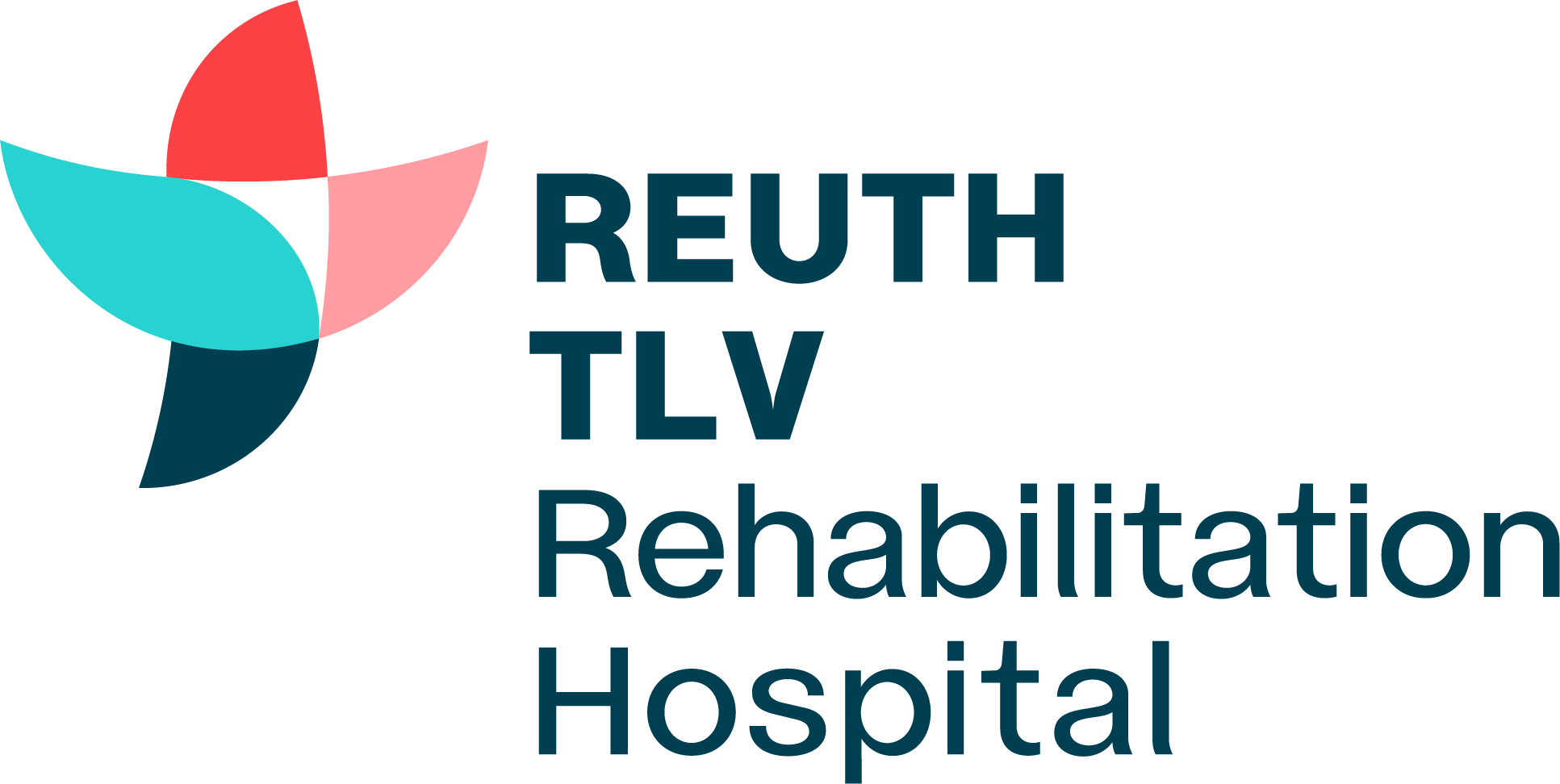Coffee and tea are very popular beverages and play an important part in the culture of many nations and our social lives. Another common denominator between them is that both of them contain caffeine, which is considered to be “the psychoactive drug” most consumed worldwide.
Caffeine is also common in soft drinks, in cocoa, energy drinks and as a supplement in various foods.
In Western medicine caffeine is used frequently for treatment of respiratory distress in premature babies and in treatment of pain.
In the United States some 85% of the adult population consumes caffeine on a daily basis and the average quantity consumed is 135 mg caffeine per day (equal to 1.5 cups of coffee).
For some time there have been concerns that consumption of caffeine could cause various types of cancer and cardiovascular diseases however recent studies have specifically demonstrated the medical advantages of caffeine. For example, caffeine contains hundreds of essential compounds that are plant based (such as polyphenols, alkaloids, melanoidins etc.), and tiny quantities of magnesium, potassium, and niacin. The coffee compounds can contribute to reduction in the oxidative damage to cells and improve the composition of bacteria in the digestive system and also improve the metabolism of glucose and fats. On the other hand, compounds found in unfiltered coffee (such as black/Turkish coffee) could cause an increase in the level of fats in the blood, mainly LDL and triglycerides.
THE EFFECT OF CAFFEINE ON THE BODY’S ORGANS
When consuming caffeine one should take into account that its absorption takes some 45 minutes. Its level in the blood reach a peak after 15 to 120 minutes, and the time for its external evacuation is between 2.5 to 4.5 hours. After it has been absorbed it spreads to all parts of the body and even crosses the blood brain barrier and reaches the brain directly. Therefore it is important that we recognize its effect on the various organs and the updated reviews on the subject.
In the brain the immediate and main effect is by improvement of performance and increased alertness. The caffeine does this as a result of its structural similarity to a substance that induces a feeling of fatigue in our bodies, thus it competes with it by connecting to receptors and stops the effect of the fatigue.
There is a reverse connection between consumption of caffeine and a risk of Parkinson’s Disease – in models in animals it has been found that caffeine delays one of the pathways in the brain relating to development of the disease.
Furthermore, a connection has been found between consumption of coffee of a standard quantity to decrease of the risk of depression. This effect is incorrect for exaggerated consumption of coffee (a daily consumption of 8 cups and more).
The endocrine system: Caffeine reduces the sensitivity to insulin in the skeletal muscles in the short term, however with time the tissue adapts thus in the long term there is no similar effect.
However, research consistently shows that average consumption of coffee is related to decrease in the risk of developing Diabetes Type II, which is considered to be the curse of modern life.
Metabolic research has shown that caffeine causes an improvement in energy balance – it raises the consumption of basic energy of the body and creates temperature in the body by stimulating the nervous system. Research has shown that consistent consumption of caffeine during the day (6 doses of 100 mg) led to an increase of some 5% in energy expenditure in 24 hours.
Pregnancy: During pregnancy, mainly around the third trimester, there is a deceleration in metabolism of caffeine and half its lifespan could reach 15 hours (3-7 times the regular time) and therefore its effect is greater in women during pregnancy. There is also a risk of caffeine consumption during pregnancy as it could lead to problems with the growth of the foetus and a low birth weight and increase of the risk for miscarriages.
In recent reviews contradictory conclusions have been reached. In a new review published in the BMJ it is recommended to avoid caffeine completely in pregnant women and women intending to get pregnant as there is no threshold under which the risk is less. On the other hand, another review determined a threshold of 200 mg consumption of caffeine per day (approximately 2 small cups of coffee).
In conclusion if you drink coffee regularly – continue, just pay heed that you are not going overboard and if you abstain in any event perhaps there is no reason to start now. In any event it is worthwhile consulting with a dietician accordingly.
The information presented in this article is general. It does not constitute medical advice or replace consultation with a physician. It should not be regarded as a recommendation or an alternative for medical treatment.
The information presented in the English website is partial. For full info please visit our Hebrew website
(image is for demonstration purposes unsplash)

 donation
donation 




“Reuth Information Center”, All rights reserved to Reuth rehabilitation hospital. Reuth Information Center is an informational site only. All information on the Website is not a replacement or a substitute for medical, legal, economic, consumer, financial or other advice and any use of the information on the Website is solely the responsibility of the User. Surfing is subject to Terms of Use.